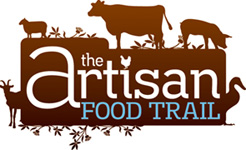
Lab-grown meat or sustainable meat? The UK’s quest for an ecological future
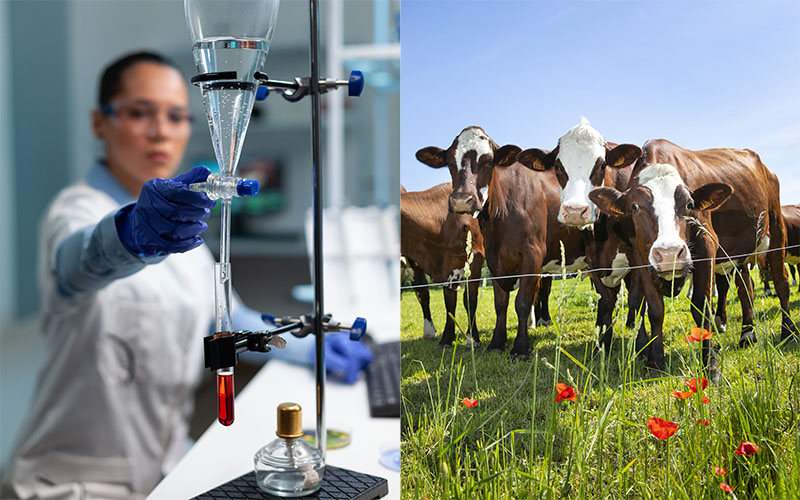
In the UK, the conversation around lab-grown meat is gaining momentum as consumers become increasingly concerned about the environmental impact of conventional animal agriculture. While there is a growing interest in this new technology, there are also concerns about its safety and the ethical implications of creating meat in a lab.
Proponents of lab-grown meat argue that it offers several benefits. For example, it could significantly reduce the environmental impact of meat production. In the UK, agriculture is responsible for around 10% of greenhouse gas emissions, and livestock farming is a significant contributor to this figure. By producing meat in a lab, we could reduce the carbon footprint of the meat industry and lower its impact on climate change.
Another benefit of lab-grown meat is that it could potentially be produced without the use of antibiotics or hormones. In conventional meat production, animals are often given these drugs to promote growth and prevent disease. This practice can contribute to the development of antibiotic-resistant bacteria, which is a growing concern in the UK and globally.
However, there are also several concerns about lab-grown meat that need to be addressed. One of the main concerns is the safety of the technology. While regulatory bodies are working to ensure the safety of lab-grown meat, there are still questions about the potential risks associated with this new product. Additionally, some critics argue that lab-grown meat is still an unnatural and unethical solution to the problem of meat production.
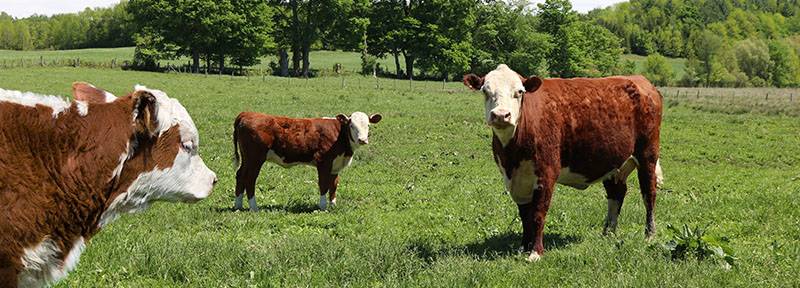
Supporting sustainable agriculture
Given these concerns, many people in the UK are choosing to focus on sustainable meat production as a more immediate solution to the problems associated with animal agriculture. By supporting local producers and choosing sustainably raised meat, consumers can reduce their environmental impact and support their local economy. Additionally, sustainable meat can be a part of a healthy, balanced diet and is often more flavourful than conventionally produced meat.
There are several initiatives in the UK aimed at promoting sustainable meat production. For example, Pasture For Life promotes the benefits of grazing animals on grasslands and provides a certification scheme for pasture-fed meat. Similarly, the Sustainable Food Trust is working to promote a more sustainable and ethical food system in the UK and around the world.

What does the future hold for our farmers?
While lab meat technology presses ahead, what does this mean for the future of our farmers? One potential impact of lab-grown meat on agribusiness is that it could reduce demand for traditional meat products.
As more consumers become aware of the environmental and ethical issues associated with animal agriculture, they may start to turn to alternative protein sources, such as lab-grown meat. This could lead to a decrease in demand for traditionally reared meat, which could in turn reduce the number of animals being raised on pasture.
However, it is worth noting that the demand for meat in the UK is still high, and it is unlikely that lab-grown meat will completely replace traditional meat products anytime soon. Additionally, there may still be a market for pasture-fed meat among consumers who value the taste, texture, and nutritional benefits of meat from these animals.
Lab-grown meat may have a consequence on meat production and marketing. With its increasing availability, farmers and meat producers may need to adjust their strategies to remain competitive. This might include emphasising unique, premium meat offerings that cannot be replicated in a laboratory or investigating alternative sustainable and ethical production techniques.
Overall, the impact of lab-grown meat on pasture-fed meat production in the UK is difficult to predict at this stage. While it has the potential to reduce demand for traditional meat products and disrupt the meat industry as we know it, there are still many factors at play, and it will likely take some time for the technology to become widely adopted.
Concerns about lab-grown meat
Although lab-grown meat has the potential to be more environmentally friendly than conventional animal agriculture, some experts express concerns regarding its impact on the environment. The production of this technology requires significant amounts of energy and resources such as electricity, water, and nutrients. Additionally, there is a risk of improper disposal of waste products during the process, which could harm the environment.
Another concern is that the technology for producing meat in a laboratory setting may not be within the reach of everyone, particularly in developing nations. Since it’s still in the initial stages of development, the current high cost of production could restrict its availability to a privileged few.
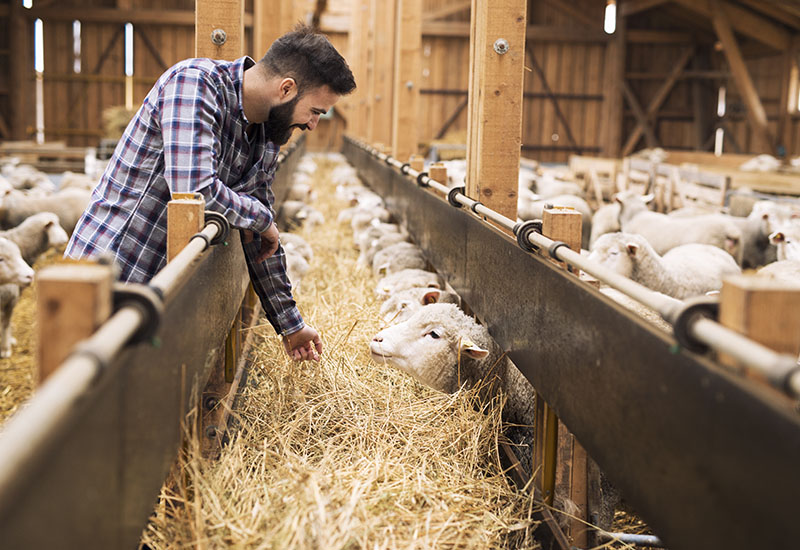
A better sustainable option for the environment
Sustainable agriculture is the responsible and holistic approach to farming that we need in order to ensure the health and well-being of both people and the planet.
By utilising natural and organic methods, sustainable agriculture focuses on producing food in a way that preserves the environment, promotes biodiversity, and supports the long-term viability of the land.
Supporting biodiversity
Sustainable animal agriculture can help to support biodiversity by maintaining healthy ecosystems and preserving natural habitats. By raising animals on pasture in a way that mimics natural grazing patterns, farmers can help to promote the growth of diverse plant species and support the health of local wildlife.
Regenerating the soil
Sustainable animal agriculture can also help to regenerate the soil by incorporating manure and other organic matter into the land. This can improve soil fertility and promote the growth of healthy plants, while also reducing the need for synthetic fertilisers that can have negative environmental impacts.
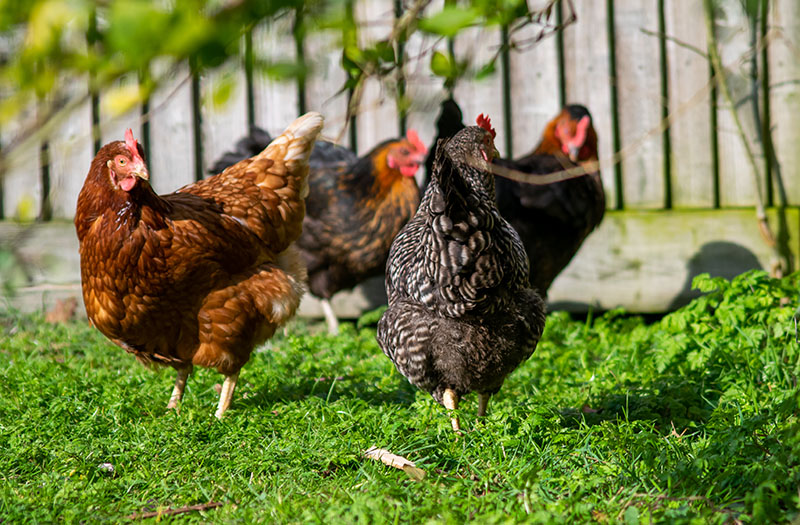
Reducing greenhouse gas emissions
While animal agriculture is often criticised for its greenhouse gas emissions, sustainable farming practices can actually help to mitigate these impacts. By raising animals on pasture and utilising rotational grazing, farmers can help to sequester carbon in the soil, reducing the amount of carbon dioxide in the atmosphere.
Supporting local economies
Sustainable animal agriculture can also support local economies by providing jobs and generating income for farmers and rural communities. By promoting sustainable farming practices, consumers can help to support small-scale farmers and reduce the environmental impacts of industrial animal agriculture.
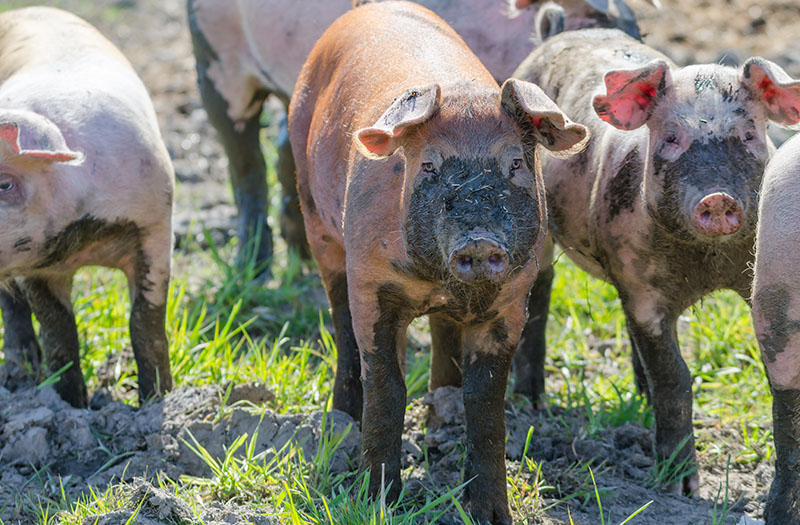
Overall, while lab-grown meat has the potential to reduce the environmental impacts of meat production, sustainable animal agriculture has an important role to play in promoting biodiversity, soil health, and carbon sequestration.
Making better choices when buying meat
It is important to consider the impact of our food choices on both our health and the environment. By making a conscious decision to consume less meat, but of a higher quality and from animals raised in a sustainable manner, we can support our local farmers and contribute to a more responsible food system. This choice can have a significant positive impact on our environment.
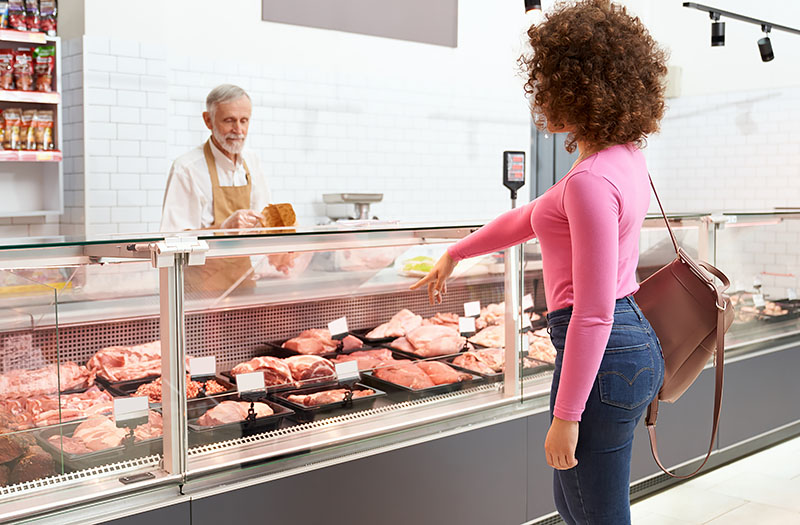

Furthermore, it is crucial to acknowledge that our food choices have the power to shape the future of our food industry. By choosing to support sustainable and humane farming practices, we can help to promote a more ethical and responsible food system. It is possible that with this renewed approach, we may no longer need to resort to growing meat in a laboratory. Let us take responsibility for our food choices and work towards a healthier and more sustainable future for all.
Sign up to receive our newsletter
For the latest producer info, shows, markets, recipes, competitions and more each month.
Please be assured that we don't sell or pass on your information to third parties.
Keep up to date with:
- New and approved producers and produce
- Offers, discounts, competitions and more
- Seasonal produce and great tasting downloadable recipe ideas
- Shows, events and markets
